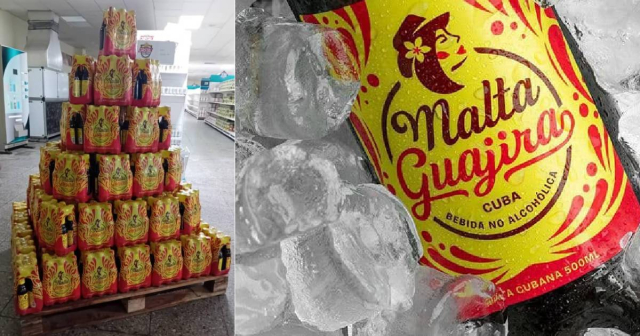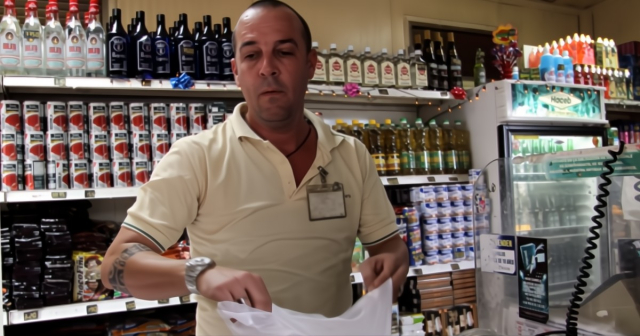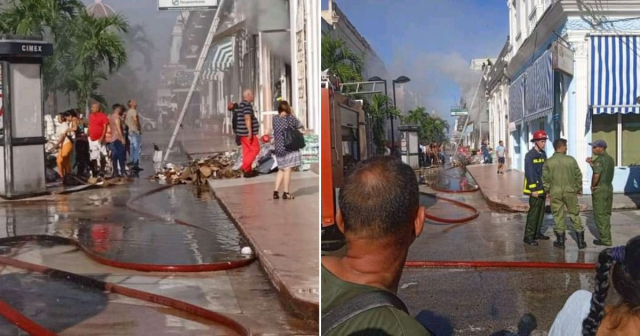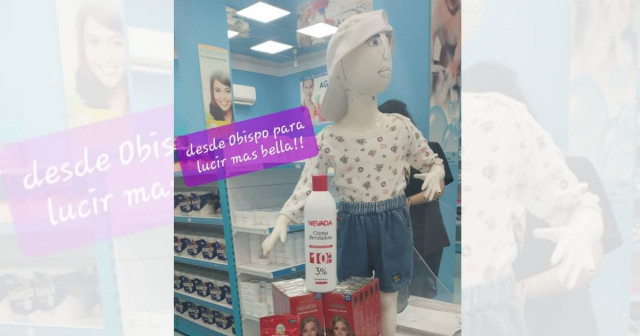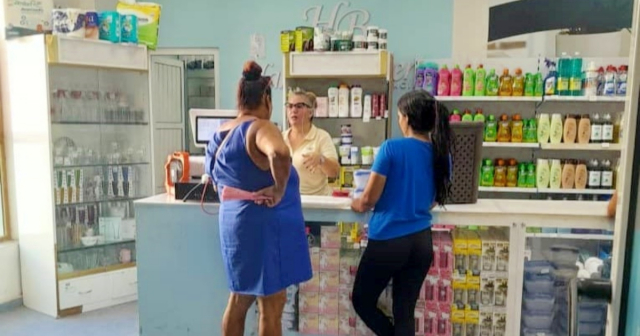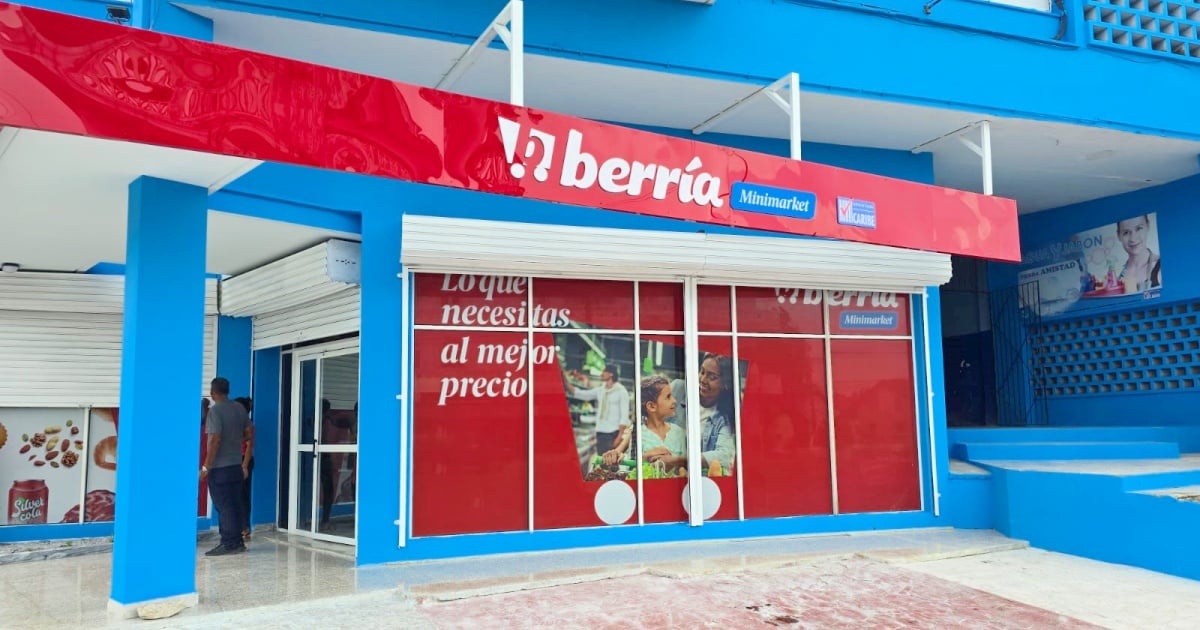
This Friday, a new store in Freely Convertible Currency (MLC) was inaugurated in the Plaza de la Revolución municipality, aiming to source its supplies from a Basque supplier.

The "Amistad 26" market—located at the intersection of Avenida 26 and Zapata—will henceforth also be known as the minimarket Caribe-Berría. It is the result of a collaboration between the Cadena de Tiendas Caribe and the Basque supplier Aldaketa.
During the reopening event, the store team committed to providing consistently high-quality service, while the supplier assured that they will work on improving product assortments and prices to meet the needs of the community.
However, these types of announcements, filled with triumphalist rhetoric and phrases like "Unity + Motivation = Victory," cannot mask an evident reality: a large segment of the Cuban population lacks access to freely convertible currency (MLC), which automatically excludes them from being able to shop in these establishments.
Economic exclusion as a backdrop
The inauguration was accompanied by statements aimed at praising the joint effort between foreign suppliers and national authorities, presenting it as a victory.
This approach overlooks the structural difficulties and limitations of an economy that excludes a significant portion of its population from accessing the most basic goods and services.
The empty promise made by Díaz-Canel in 2020 is now a distant memory, when he explained the role of MLC stores as a necessity to supply stores in national currency.
Despite the "incredible" offers and promises of a service "designed for the customer," the presence of stores selling in MLC remains a reminder of the economic inequalities that permeate Cuban society.
For those without access to the MLC, these openings do not represent a solution but rather a bitter reminder of the limitations they face daily in meeting basic needs.
Stores in freely convertible currency (MLC) emerged in Cuba in 2019 as an economic measure by the government to attract foreign currencies amid a growing economic crisis and a severe shortage of basic goods.
Initially, they were presented as a solution to ensure access to high-demand goods—such as appliances, imported foods, and hygiene products—by using foreign currencies like dollars, euros, or international cards.
However, over time, these stores have become a source of social inequality, as many Cubans do not have direct access to foreign currency and rely on remittances or the informal market to make purchases there.
Additionally, they have exacerbated the shortage in stores that operate in Cuban pesos, diverting basic products to the MLC system and creating a dual market that has further deepened the economic difficulties for the majority of the population.
Provider with 30 years of presence in Cuba.
Aldaketa is a Spanish company with over 30 years of experience in the distribution and marketing of food products for Cuba. Its main focus is on serving the hospitality sector and supermarkets, as indicated on its website.
The company operates from a logistics center in Galdakao (Bizkaia, Spain), with warehouses and offices that ensure efficient order management.
In addition, it conducts frequent shipments to Cuba, with a capacity of over 500 40-foot containers annually from Bilbao to the port of Mariel, on direct voyages lasting 19 days.
Aldaketa ensures the marketing of more than 800 references of dry, refrigerated, and frozen foods. Additionally, it offers the option to customize containers, combining up to 80 different products per shipment.
The company has sales warehouses in Berroa, Havana, and its Cuban headquarters is located in Miramar, in the Playa municipality of Havana.
Filed under:

